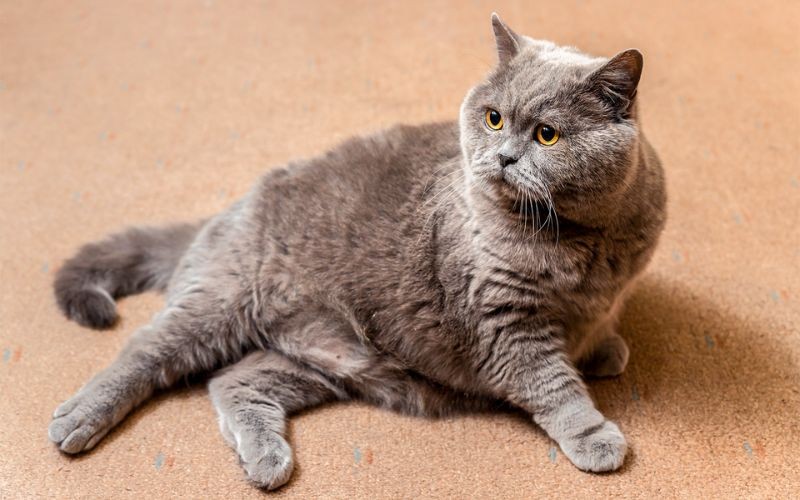
Pet Weight Management - How to Help Your Pet Shed Those Extra Pounds
In a world where pets are considered members of the family, their health and well-being are paramount. One of the most pressing concerns facing pet owners today is the rising prevalence of pet obesity.
Let’s delve deeper into the intricacies of pet weight management, explore the impacts of obesity on dogs and cats, and learn some tips on helping your furry companion achieve and maintain a healthy weight.
Why is My Pet Overweight?
Pet obesity is a multifaceted pathology, stemming from factors like overfeeding, lack of exercise, and sometimes underlying medical conditions. Recognizing whether your pet is overweight requires a nuanced approach. Consulting with your veterinarian is crucial, as they can assess your pet's overall health, consider breed-specific factors, and determine the ideal weight for your furry friend. Don’t skip the annual check-up or hesitate to call your vet if you notice weight gain!
The Impact of Pet Obesity
Obesity isn't merely a cosmetic concern; it poses serious health risks for pets. Understanding the potential consequences can motivate pet owners to take proactive steps toward weight management.
These consequences include an increased risk of:
- Diabetes;
- Arthritis;
- Heart and respiratory issues;
- Shortened lifespan.
How to Help Your Pet Lose Weight
- Consult Your Veterinarian or Nutrition Expert
Before embarking on a weight loss journey, schedule a consultation with your veterinarian or a nutrition expert.
Vets will conduct a thorough examination, rule out underlying health issues, and provide personalized advice for your pet's weight loss journey.
Alternatively, you may choose to speak with a nutrition expert if it’s purely a weight issue. Pet nutrition experts, like Farmina’s Nutrition Consultants, may focus primarily on dietary aspects, providing insights into the types and amounts of food that may be suitable for your pet's health.
If you choose to consult a nutrition expert, it's advisable to keep your veterinarian informed about any dietary changes to ensure they align with your pet's overall health and well-being. Integrating both perspectives can contribute to a well-rounded approach to your pet's nutrition and weight management!
- Control Portion Sizes
Accurate measurement of food portions is fundamental. Follow the recommended feeding guidelines on pet food packaging and consider using a measuring cup to prevent overfeeding.
Need Help? Connect with a Farmina Nutrition Consultant to build a free personalized nutrition plan.
- Choose a High-Quality Diet
Choose a nutritionally balanced pet food tailored to your pet's age, size, and activity level. Your veterinarian can recommend a suitable diet that promotes weight loss while ensuring your pet receives essential nutrients.
For the slimming phase or for prevention, if no particular clinical condition is encountered, we recommend N&D Quinoa Weight Management. Connect with a Farmina Nutrition Consultant to build a free personalized nutrition plan and cater to the unique needs of your pet!
Discover N&D Quinoa Weight Management Feline Discover N&D Quinoa Weight Management Canine - Increase Physical Activity
Regular exercise is a cornerstone of pet weight management. Engage your pet in activities they enjoy, such as walks, interactive play, or even swimming for dogs. Gradually increase the duration and intensity of exercise to burn calories effectively.
- Monitor Treat Intake
Treats should be limited and chosen wisely. Choose low-calorie treats or use small portions of fruits and vegetables as healthy alternatives. Be mindful of the overall calorie intake, including treats, in your pet's daily diet.
- Establish a Routine
Consistency is key to successful weight management. Establish a routine for feeding and exercise, providing structure that helps your pet adapt to a healthier lifestyle. Regularity of meals and activities contributes to overall well-being.
- Weight Loss Diets
In some cases, in particular when obesity and excessive weight is detected, your veterinarian may recommend prescription weight loss diets, and may suggest a diet based on Vet Life Obesity (available for both dogs and cats). In these cases, always follow your vet’s guidance closely to ensure your pet’s safety and the efficacy of the diet itself.

